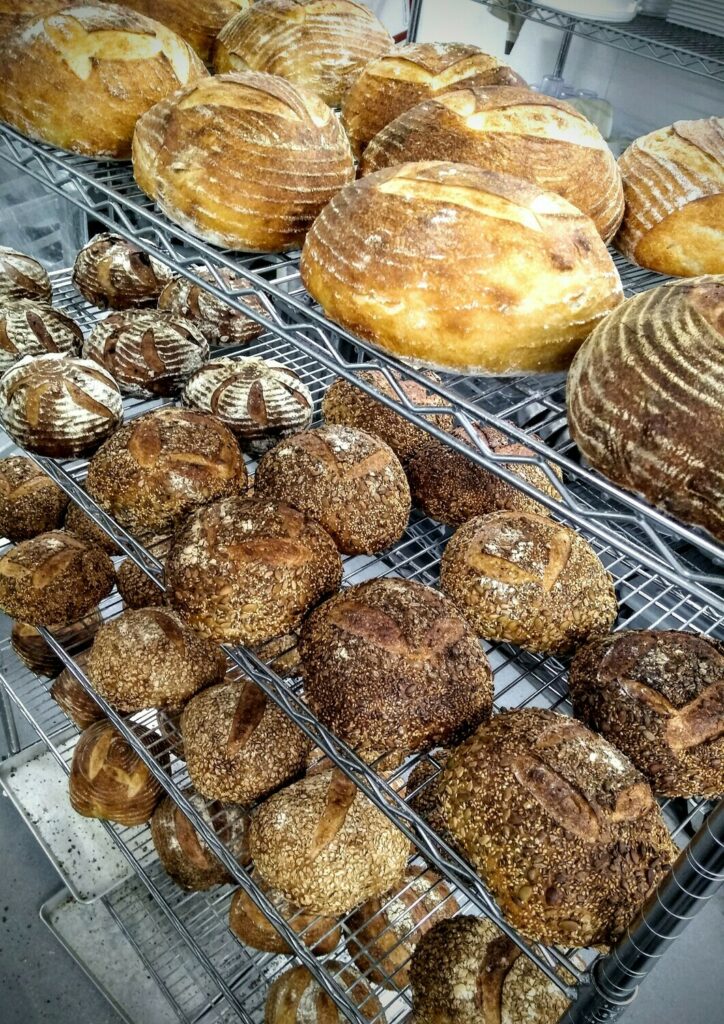When thinking about my inquiry project I toyed with a few different ideas. I knew I wanted it to be practical, something I have wanted to do for a while, and an activity that produces a tangible object at the end. I thought about knitting or crochet, but those were both skills I already had and would just be improving on. Cooking or baking was too broad I thought, and then I saw my roommate in the kitchen. She was furiously rushing around muttering about ratios, starters, and baking – she was in her sourdough frenzy. Then it hit me, why don’t I try? It was a skill I had always wanted to master and also something that was more complex than regular bread baking. While working at my local ski hill this winter I stopped regularly to pick up a loaf of bread at the local bakery called Hoopers (check it out of you are ever in Rossland BC), unfortunately this cost adds up over time so it would be great to make it at home. Plus, my mum had expressed that making sourdough bread was on her bucket list so if all goes well I can share my knowledge with her this Christmas.
Another reason one could choose sourdough over regular bread is the health differences. Now, I do not believe bread is bad, after all, carbohydrates = entry for our bodies. However bread doesn’t make certain people feel good all of the time, myself included. When suffering from an autoimmune disorder, allergies that impact gut health, and skin issues I am always on the lookout for gut-friendly options. Since sourdough is essentially a fermented bread it is slightly richer in nutrients, creates less of a blood sugar spike, contains lower amounts of gluten, and is generally easier to digest compared to bread made with baker’s yeast. According to some studies, sourdough bread acts as a prebiotic, which means that the fibre in the bread helps feed the “good” bacteria in your intestines.

Leave a Reply
You must be logged in to post a comment.